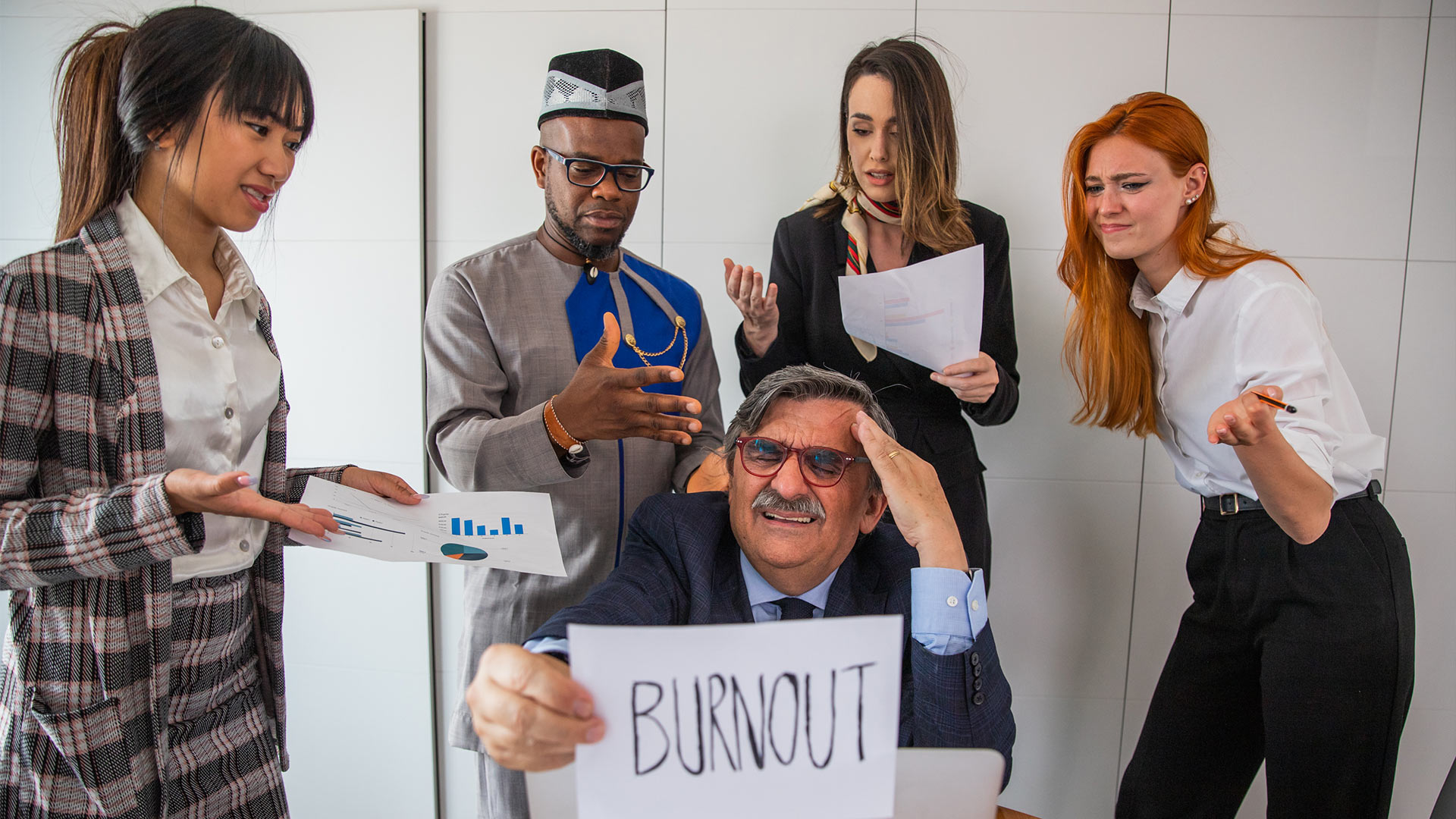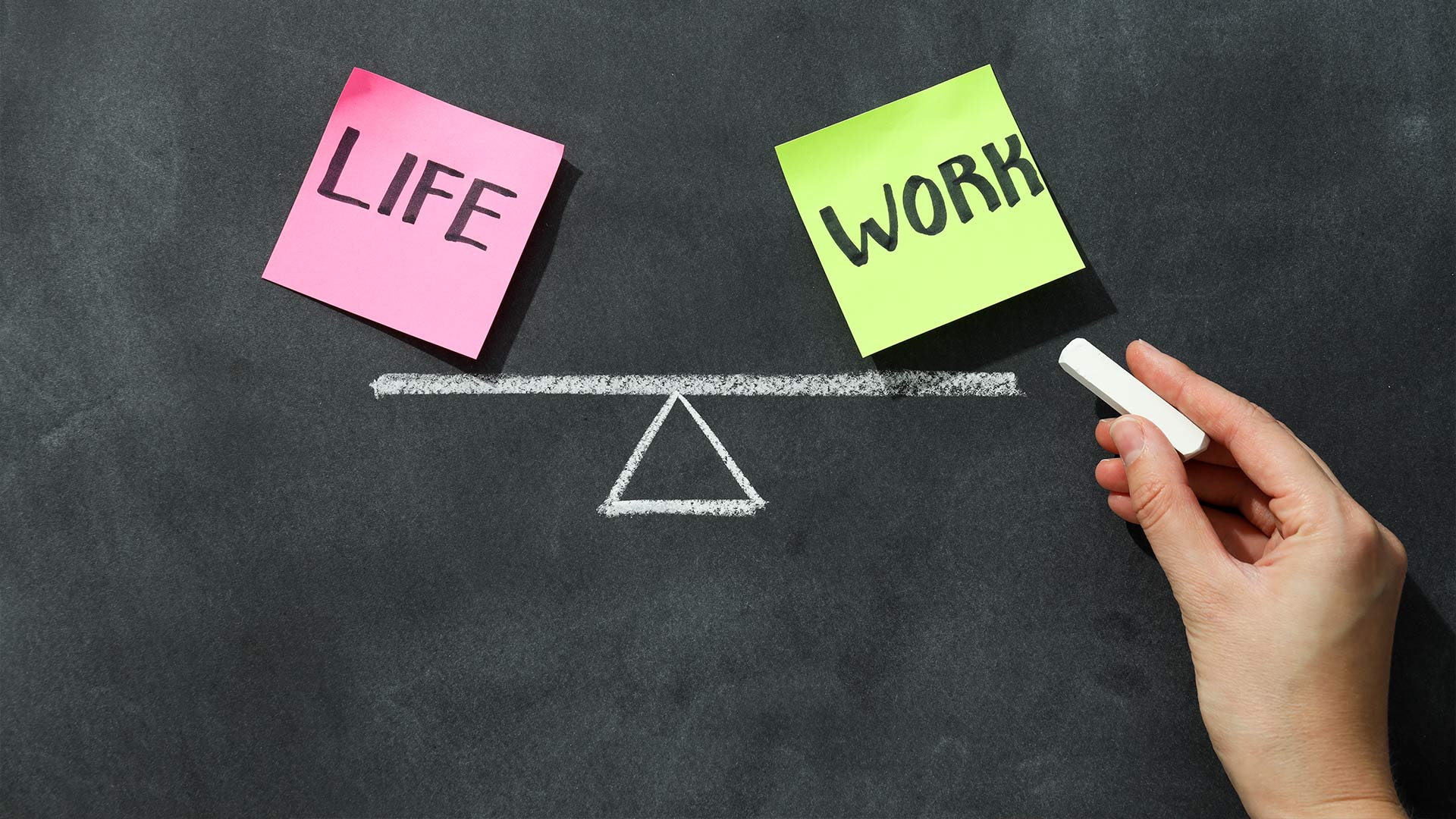How to Say “No” to That One Extra Task Without the Guilt
Start small. Say no to the “quick sync” that’s not urgent. Delay the low-priority favor until you have time. Decline the fourth committee this month.

You’re almost done for the day, brain fried, water bottle empty, eyes glazing over.
Cue the internal struggle. You want to be helpful. You don’t want to look uncooperative. And yeah, maybe it really is quick. But somehow “just a minute” always turns into thirty.
Before you know it, your schedule’s hijacked—again.
Learning to say “no” (without sounding like a jerk or spiraling into guilt) is a career-saving, sanity-preserving skill. Let’s break it down.
First, Why We Struggle to Say No
We’re not bad at boundaries because we’re weak. We’re bad at them because:
- We want to be seen as reliable
- We confuse helpfulness with self-sacrifice
- We fear being labeled “difficult” or “not a team player”
- We haven’t practiced graceful pushback
And let’s face it: work culture often rewards the people who say “yes” the fastest, not the ones who manage their workload like grown-ups.
But here’s the truth: you can’t be your best at the work that matters if you’re constantly overcommitted.
What “No” Actually Sounds Like
Saying no doesn’t have to be cold or awkward. You just need a few go-to phrases.
Try these out:
The Reframe No
“I’d love to help, but I’m at capacity right now. Can we revisit next week?”
The Redirect No
“That’s not in my lane, but I think [Name] might have the bandwidth or expertise.”
The Priorities Check No
“That sounds important—if I take it on, I’ll need to shift [current task]. Should we reshuffle?”
The Time-Bound No
“I can’t jump in today, but I can carve out 30 minutes Friday morning if that works.”
The Flat Yet Polite No
“I’m maxed out at the moment and won’t be able to give this the attention it needs.”
Notice how none of these burn a bridge—but they all set a line.
When to Say Yes (Because Sometimes You Should)
Of course, you don’t need to be a No Machine.
Say yes when:
- It’s a genuine emergency
- It helps a teammate in crisis, and you have room
- It’s something you’re excited about or want to learn
- It aligns with your goals and capacity
But defaulting to yes without checking your bandwidth? That’s how burnout starts.
Setting Up “No” Ahead of Time
One sneaky way to make saying no easier? Set expectations early.
Try:
- Telling your team when your plate’s full
- Updating your status (“In deep work mode—available after 2”)
- Using a shared task board to show workload
- Communicating new priorities as they shift
When people know what you’re handling, your no feels less like rejection and more like reality.
Dealing With the Guilt (Yep, It’ll Happen)
Guilt usually creeps in right after you’ve said no. You second-guess yourself. Worry someone’s annoyed. Wonder if you’re selfish.
Here’s how to reframe it:
- Saying no = respecting your time AND theirs
- Overcommitting leads to mediocre work, not heroism
- Guilt is a sign you’re breaking an old habit—not doing something wrong
You’re allowed to disappoint someone a little to protect your capacity a lot.
When You Can’t Say No Directly (But Need to Set a Limit)
Sometimes, due to hierarchy or urgency, a flat “no” isn’t an option. That’s okay—you can still negotiate your boundaries.
Try:
- “Happy to take this on—what should come off my plate to make room?”
- “Could we move the deadline if it’s not urgent?”
- “I can deliver a draft version today and polish it later if needed.”
Boundaries don’t have to be rigid walls. They can be flexible doors with clear locks.
Practice Makes Boundaries Easier
Start small. Say no to the “quick sync” that’s not urgent. Delay the low-priority favor until you have time. Decline the fourth committee this month.
Each time you do, your brain learns: I didn’t die. People still like me. The sky didn’t fall. And you’ll be better at protecting your energy when it really matters.
Because that one extra task? It always seems harmless. Until it’s the tenth one that week, and suddenly your to-do list is a dumpster fire.
So go ahead. Say no. Kindly. Confidently. Consistently.
Your work—and your wellbeing—will be better for it.


